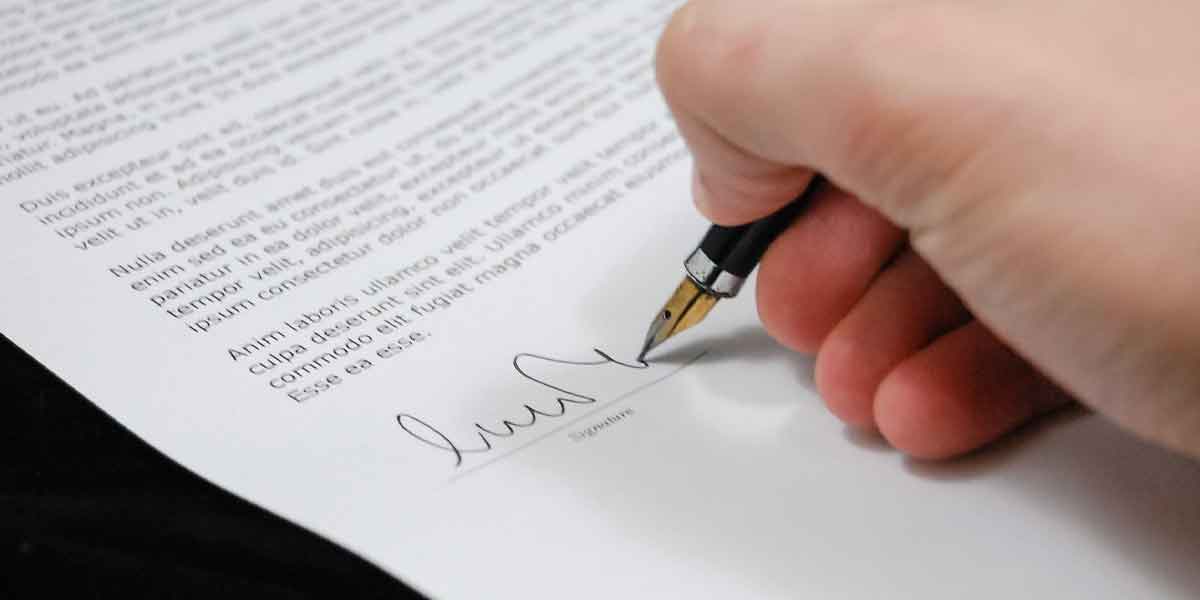Have you ever considered who would be responsible for paying off the outstanding debts of a deceased individual? This question may have left you puzzled, but the answer is quite straightforward. The debts left behind by the deceased are settled during the probate process, utilizing the assets owned by the deceased.
The executor or a designated attorney is tasked with managing the clearance of these debts. If a will is in place, the executor is granted the authority to oversee the distribution of the decedent’s assets. In the absence of a will, a personal representative appointed by the court will handle the probate proceedings.
The executor’s first step is to identify all outstanding debts of the deceased and request validation from creditors or lenders. Once the claims are verified, the executor proceeds to settle the debts using the available assets.
If the deceased’s liabilities exceed the value of their assets, the executor may not be able to fully cover the debts with the assets at hand. This raises the question of whether the burden of debt transfers to the deceased’s family. To address this concern, let’s explore some scenarios that unfold following an individual’s passing:
1. Settling Debts with Assets
Typically, debts in a probate process are settled by liquidating the deceased’s assets. The executor is responsible for managing this process independently or with legal assistance.
The deceased’s assets are divided into exempt and non-exempt categories. Exempt assets, such as retirement savings and life insurance policies, are not utilized to repay debts. Non-exempt assets, including bank accounts and real estate, are used for debt settlement. State laws dictate the classification of assets.
Creditors and lenders must notify the executor of their outstanding debts within a specified timeframe, as claims submitted after this period may not be considered valid.
Verification of debts through bills or receipts is essential before payment is made by the executor. The family of the deceased is not burdened with debt repayment, as the deceased’s assets are utilized for this purpose.
2. Dealing with Insolvency in Probate
In rare probate cases, the deceased may be insolvent, with debts surpassing assets, posing challenges for the executor. Insolvency occurs when the individual’s liabilities outweigh their assets.
In such instances, heirs and beneficiaries may not receive a share of the estate value. However, the family members are not held accountable for debt settlement in these circumstances.
A priority order is established for debt settlement in these probate cases, with estate tax, attorney fees, and fiduciary fees taking precedence. Family allowances are provided to dependents, followed by payment of federal taxes, uncovered medical expenses, and property taxes.
Credit card debts and personal loans are addressed last in the debt settlement hierarchy. The family is relieved from the responsibility of repaying these debts.
3. Co-Signed Loans in Probate
In cases involving co-signed loans, the family member who co-signed the loan with the deceased assumes responsibility for clearing the remaining debt. This obligation is typically outlined in the loan agreement signed with the lending institution.
The lending institution may utilize the deceased’s assets to settle the debt, alleviating some of the burden on the co-signing family member.
This scenario is an exception where the family may be required to address loan repayment. In all other cases, the family is not obligated to repay the debts.
Conclusion
In the majority of probate cases, the family of the deceased is not responsible for repaying outstanding debts, as this task falls to the executor. Debt settlement is facilitated using the estate assets during the probate process, ensuring that the deceased’s debts do not impact their family members.




